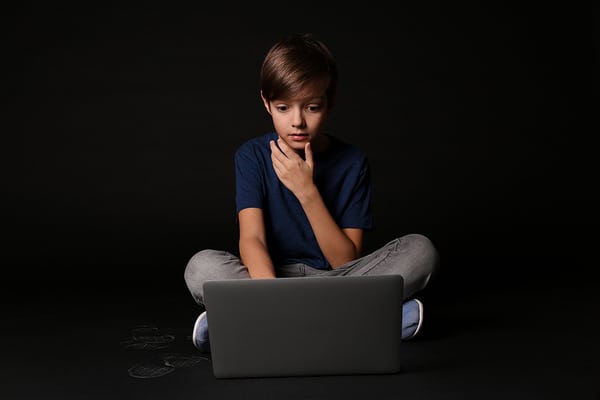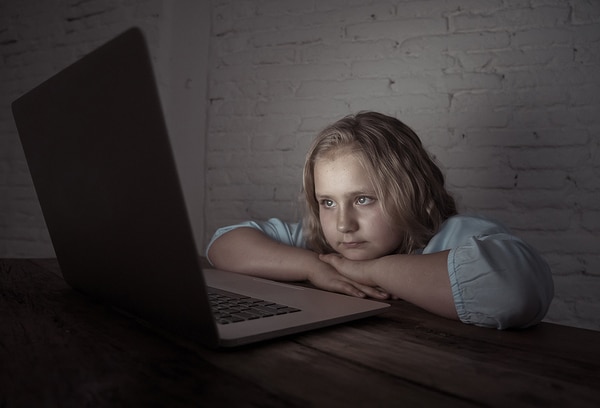Sex and sexuality will be a tough topic for any family. And the wide availability of pornography on the internet makes it more difficult. Here’s how to spot the signs before it becomes a problem.
The Obvious Signs
There will be some obvious signs your child is looking at pornography. Usually, these are reflected not by their behavior, but by hard data.
- Attempts to thwart your software controls. Look for attempts to get around the password of your parental control software, attempts to delete apps outright from devices, and even, if they can afford it, kids getting “contraband” devices.
- Unusual charges on your credit card, particularly small amounts or charges that are quickly reversed. Often porn sites offer “limited-time” offers at low rates to entice customers.
- Excessive use of tablets or computers in private spaces away from family members. While we all need privacy, and teens, in particular, may need space away from everyone, changes in the pattern should be noted.
- Strange or unusual pop-ups, unusually slow computer speeds, or other signs of devices used to visit a sketchy website. Many sites will use pornography to lure targets and then attack the machine.
- Regularly deleted website caches, site histories, and other data. If you find yourself having to repeatedly log into sites that normally let you in without requesting a password, then your child may be trying to hide the evidence by cleaning their browser cache.

The More Subtle Signs
There are other, more subtle signs kids are watching pornography, however. Some of these will overlap with other potential problems, like cyberbullying or attempted grooming by sexual predators. Some, however, may also be signs of depression, anxiety, or just simply the day-to-day difficulties of going from child to adult. Discussing these, as a result, will need to be more about negotiation and talking, instead of confrontation.
- An abrupt change in their alone-time habits. Obviously, kids will view pornography in private, so they’ll seek more private time.
- Withdrawing from social activities or personal engagement. Some kids will feel deeply ashamed that they’ve viewed pornography and will struggle with the conflicting emotional reactions they have to it.
- Mood swings, particularly anger or outbursts of frustration. Shame and embarrassment can cause kids to lash out, believing they’re being judged by others. Kids often believe “everybody knows” when they break the rules.
- Broaching unusual discussions. This, in particular, needs to be handled sensitively. Watching pornography is just one manifestation of a developing sexuality as kids become adults, and many kids who have never seen pornography in their lives may have unusual or difficult questions about sex. Pay attention to what they’re asking, specifically.
This won’t be a simple process, for you or your children. The transition to adulthood never is. Kids will need your patience and respect to get through it. And there are going to mistakes, broken rules, and other situations that will need to be handled with care to keep kids on the right track. Parental control software can help your kids have a healthier childhood. To learn more, try it for free!


Join the conversation